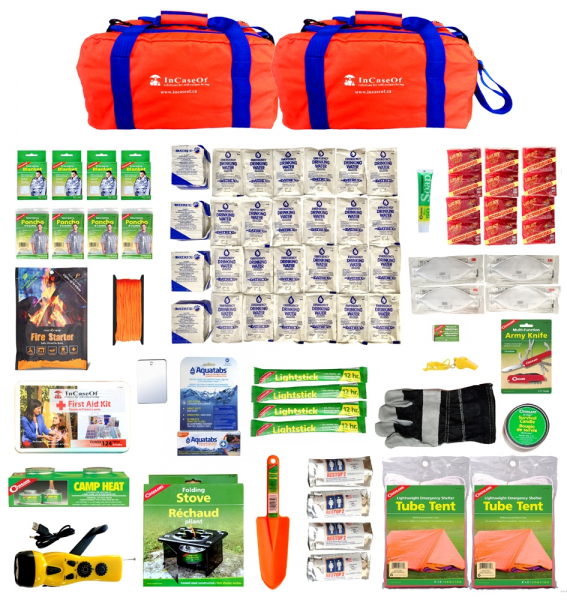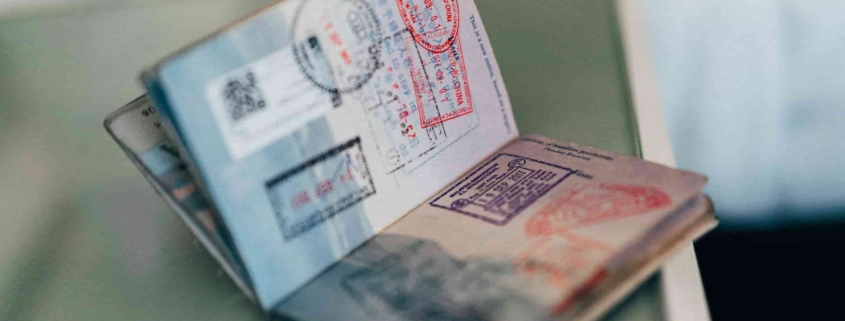Prep for Travel: How to Stay Safe and Secure on the Road
Traveling is an exciting adventure, and we need to prioritize safety and security while on the road. Take proactive measures to ensure safety whether exploring new destinations by plane or car, or embarking on a short or long journey. From planning to preparation, here are some valuable tips to help you stay safe and secure while traveling.
Research Your Destination:
- Before setting out on your journey, take the time to research your destination thoroughly.
- Familiarize yourself with local laws, customs, and potential safety concerns.
- Check travel advisories issued by your government and read up on recent news and events in the area.
-
- Understanding the cultural and political landscape will help you make informed decisions and avoid unnecessary risks.
-
- Create a detailed itinerary for your trip, including transportation arrangements, accommodations, and activities.
- Share your itinerary with trusted friends or family members and keep them updated on your whereabouts.
-
- Having a well-thought-out plan ensures you have a clear sense of direction and minimizes the likelihood of getting lost or stranded in unfamiliar territory.
-
Pack Wisely:
- Pack light and only bring essential items for your journey.
- Avoid carrying large sums of cash or valuable items that may attract unwanted attention.
- Keep your belongings organized and secure, using locks or security pouches to safeguard important documents such as passports, credit cards, and identification.
- Consider investing in travel insurance to protect yourself against unforeseen emergencies or incidents.
Stay Alert and Aware:
- Remain vigilant and attentive to your surroundings at all times, especially in crowded or high-traffic areas.
- Pay attention to suspicious behavior or individuals acting strangely and trust your instincts if something feels off.
- Avoid sharing personal information with strangers and be cautious when interacting with unfamiliar individuals, particularly in tourist hotspots or nightlife districts.
Transportation & Accommodations:
- Choose reputable transportation providers and opt for licensed taxis or rideshare services with verified drivers.
-
- Verify the identity of drivers and confirm their credentials before getting into a vehicle.
-
- Avoid hitchhiking or accepting rides from strangers, especially in remote or isolated areas where assistance may be scarce. Prioritize safety over convenience when selecting transportation options.
- Book accommodations at reputable hotels, hostels, or guesthouses with positive reviews and a track record of safety and security.
- Choose accommodations located in safe neighborhoods with easy access to transportation and essential amenities.
- Secure your room properly by using deadbolts, chain locks, or portable door alarms to deter unauthorized entry.
Stay Connected:
- Maintain regular communication with friends, family, or travel companions throughout your trip.
- Check in periodically to update them on your whereabouts and share any changes to your plans.
- Carry a fully charged mobile phone with emergency contact numbers saved and accessible.
- Consider investing in a portable charger or power bank to ensure your devices remain powered during your travels.
Keep Emergency Supplies On Hand:
- Prepare a basic emergency kit containing essential supplies such as first aid supplies, medications, water, snacks, and a flashlight.
- Keep the kit easily accessible in your luggage or daypack so you can respond quickly to unexpected situations or emergencies.
- Familiarize yourself with local emergency services and know how to seek assistance if needed.
- If you are travelling by personal car, have your 72 hour kit with you, which should include a stocked first aid kit.
Trust Your Instincts:
- Listen to your intuition and trust your gut feelings when assessing situations or making decisions while traveling. If something feels wrong or unsafe, remove yourself from the situation immediately and seek help if necessary.
- Avoid taking unnecessary risks or engaging in activities that compromise your safety or well-being.
- Stay updated on current events, weather forecasts, and any developments that may impact your travel plans.
- Monitor local news sources, official government websites, and travel advisories for relevant information and updates.
- Adjust your itinerary or take precautionary measures as needed to ensure your safety and security while on the road.
Conclusion:
By following these tips and staying proactive in your approach to travel safety and security, you can enjoy a worry-free and fulfilling travel experience. Remember to stay informed, stay connected, and trust your instincts while exploring new destinations. With proper planning and preparation, you can make the most of your adventures while staying safe and secure on the road. Safe travels!


